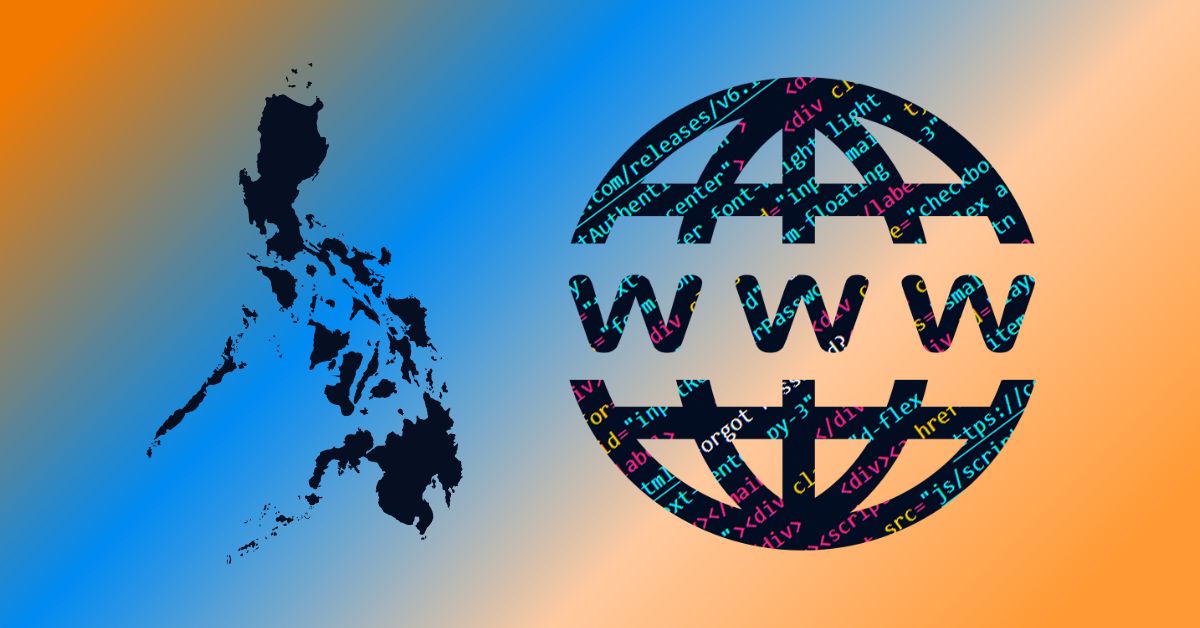During large events like the Traslacion in Quiapo, Manila, authorities in the Philippines have occasionally disrupted telecommunications services, including the Internet, citing security concerns. These shutdowns, often conducted without prior notice or a court order, have far-reaching consequences that extend beyond public inconvenience. Notably, in the lead-up to the 09 January 2025 Traslacion, authorities themselves confirmed that there were no credible security threats, further questioning the rationale for the disruption. Organizations like Mozilla and the Internet Society have long opposed such practices, emphasizing their negative effects on democracy, economic activity, and public safety.
Economic Impact on Businesses & Workers
Telecommunications services are essential for countless businesses and workers, particularly in an economy increasingly reliant on digital connectivity. Small and medium enterprises (SMEs) and workers such as delivery riders, freelancers, and online sellers depend heavily on uninterrupted Internet access to fulfill their roles and sustain their livelihoods.
During the Traslacion this year, many of these individuals and businesses suffered severe disruptions. Delivery riders, who rely on apps to connect with customers and process orders, were left stranded without the ability to navigate or communicate. Similarly, online sellers and gig workers experienced interruptions in transactions, causing delays and loss of income.
For businesses, particularly SMEs, the lack of connectivity meant halts in operations, from online payment systems to customer support. In many cases, the financial losses disproportionately affected workers and small entrepreneurs who depend on daily earnings to survive. Mozilla has highlighted how such disruptions hurt low-income communities the most, exacerbating economic inequalities.
Public Safety Concerns
Ironically, cutting off telecom services in the name of security can create more safety risks than it prevents. Communication is critical in emergencies, especially during mass gatherings like the Traslacion, which attract millions of devotees. Without the ability to make calls, send messages, or access navigation apps, attendees are left vulnerable in situations requiring coordination and quick action.
During the January 9 event, where authorities declared no significant threats to security, the decision to disrupt services appeared unnecessary. This only increased risks for those needing to report medical emergencies or locate missing companions in a dense crowd. The Internet Society has consistently warned against such practices, emphasizing that real-time access to information during public events helps prevent panic and enhances crowd management.
Violation of Rights
The sudden shutdown of telecom services raises serious legal and ethical questions. The Philippine Constitution guarantees freedom of expression and access to information, both of which are curtailed when connectivity is arbitrarily cut off.
Mozilla and the Internet Society have strongly condemned Internet shutdowns as violations of fundamental rights, particularly when implemented without clear legal authority or justification. During the January 9 Traslacion, where authorities had already downplayed security risks, the action seemed even more unjustifiable. These arbitrary moves set a dangerous precedent for government overreach and erode public confidence in institutions.
Undermining Trust in Government
Transparency is crucial to maintaining public trust, yet the lack of notice and explanation for telecom shutdowns undermines this trust. Citizens are left questioning the motivations behind such actions, especially when no credible security threats have been identified.
The Internet Society points out that these shutdowns damage the government’s credibility, particularly among younger, tech-savvy citizens who expect open and consistent Internet access. Repeated disruptions, such as those during major events, create disillusionment and foster resentment toward authorities.
Balancing Security & Connectivity
While ensuring public safety is a legitimate goal, it must not come at the expense of constitutional rights and economic stability. Authorities should adopt more effective and less disruptive measures to address security concerns during events like the Traslacion. These could include enhanced surveillance, better coordination with event organizers, and increased visibility of law enforcement personnel.
Mozilla and the Internet Society advocate for a balanced approach to Internet governance, emphasizing that disruptions should only be implemented as a last resort, with clear justification and due legal process. When unavoidable, authorities must provide prior notice and secure a court order to ensure accountability.
The practice of cutting off telecom services during major events causes significant harm to public safety, economic activity, and fundamental rights. The January 9 Traslacion, during which authorities acknowledged the absence of security threats, underscores the need for a more thoughtful and lawful approach to managing large gatherings.


